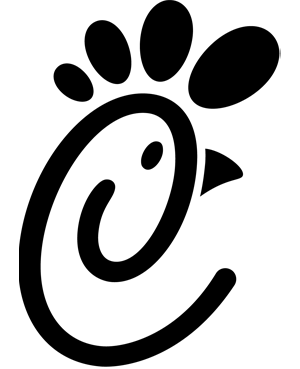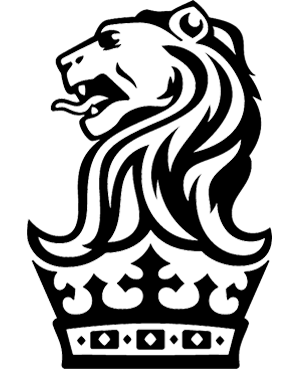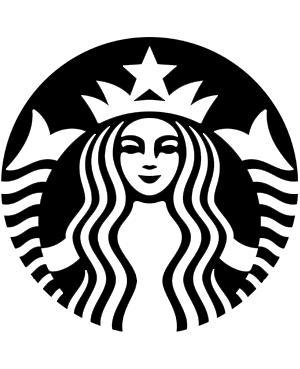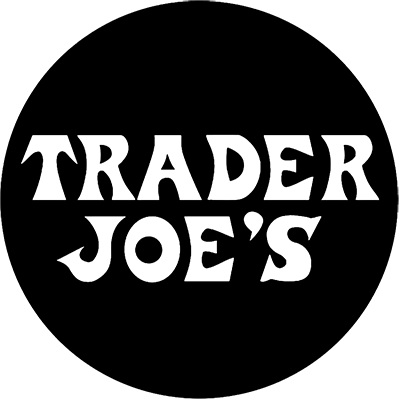Tags
#Interview questions
Look for people who disrupt the status quo
Instead of asking the conventional question, "Tell me about yourself," Airbnb co-founder Brian Chesky asks candidates to summarize their lives in three minutes or less. This provides candidates an opportunity to share their highest personal and professional achievements and gives Brian a chance to see if candidates are ambitious, creative, and forward-thinking.
Brian explains, "I'm trying to understand the two or three most remarkable things you've ever done in your life because if you've never done anything remarkable in your life until this point, you probably never will."
Ask the right type of questions
Chick-fil-A follows these three principles when it comes to asking questions during an interview.
- Ask behavioral-based questions
Have candidates provide specific examples from their past by beginning questions with phrases like: "Tell me about when you.." or "Describe an experience you have had with..." Avoid situational questions like "What would you do if...," as they are difficult to answer if the candidate hasn't experienced the situation before. - Go three questions deep
After one behavioral-based question, follow-up with two more to dive deeper into the candidate's initial response. Dee Ann Turner, former vice president of talent, says that "the most valuable information about the candidate is usually found in the answer to the third question." See an example. - Pull loose threads
Make it your goal to get a full understanding of the candidate's character. If an answer sounds incomplete or made up, ask questions until you can get a clear response.
Use structured interviewing
To avoid unconscious biases, Google uses the same interview questions and same grading scale for each role to ensure hiring decisions are based on consistent, predetermined qualifications. Structured interviews have increased Google's ability to indicate who will do well at the job, shortened the interview process, and has left both candidates and interviewers happier.
Structured interviewing process:
- Use vetted, high-quality behavioral and hypothetical questions that are challenging and relevant to the role. Avoid brain teasers.
- Record comprehensive feedback of candidate answers so hiring committees can easily review responses.
- Score the candidate using standardized guidelines to ensure reviewers are aligned in knowing what is good, mediocre, and poor responses. See Google's grading rubric.
Ask interview questions designed to understand a candidate's thought process
Netflix interview questions range from culture fit to technical questions, with even some brain teasers thrown in to better understand a candidates thought process.
- How many cans of paint would you need to paint one wing of a 747?
- How would you determine if the price of a Netflix subscription is truly the deciding factor for a consumer?
- What would you tell someone that is calling to talk about how Blockbuster is better than Netflix?
- Who do you think is Netflix’s competitor and why?
- What would you do if you were the CEO?
- Tell me about a time you screwed up at your previous job.
- How do you stay organized? How do you handle competing tasks or projects?
- How did you handle a task where you had a deadline that you couldn’t meet?
Ask behavioral questions during an interview
Skills can always be taught, so instead The Ritz-Carlton looks for people who will genuinely care about the role and their customers. During an interview, candidates will be asked to talk about:
- A time that they provided care for another person
- How they feel about cleaning up after parties
- How they respond when someone irritates them
- A time when they were able to cheer-up a friend
Evaluate the character of a candidate by asking behavioral questions
At Southwest, the character of a candidate is valued much more than their skillset. Even when interviewing pilots, highly qualified candidates have been dismissed for being rude to receptionists. For that reason, Southwest interviews focus on finding individuals who care about others, who want to be a part of a team, and who genuinely want to help the team succeed.
One-on-one interviews are treated more like conversations and can last as long as two hours. Interviewers ask open-ended behavioral questions to best judge the candidate's character:
- Tell me how you recently used your sense of humor in a work environment.
- Tell me how you have used humor to defuse a difficult situation.
- Describe a time when you went above and beyond to help a co-worker succeed.
Make every interview a conversation, not an interrogation
Interviews are not about imparting your role as a manager but showing you are a servant-leader. Before discussing qualifications in the interview, Starbucks chooses to get to know the candidate on a personal level first.
A favorite first question for former CEO Howard Schultz was "What is the last book you read?" This helps determine if the candidate is a curious person that will look to grow and learn on the job. He also asks about family and interests to make sure candidates share the same passion, commitment, and values as Starbucks. As Schultz has said: "One or two people who are not consistent with your values can have a significant negative impact."
Find 'outwardly nice' people
It's almost impossible to train someone to be nice, so Trader Joe's needs to get a sense if candidates are nice people during the interview process. John Shields, former CEO of Trader Joe's, would not hire people if they didn't smile within the first 30 seconds of an interview. While this isn't a hard rule across the brand, Trader Joe's has found that the best indicator of finding the right person has been the candidate's ability to just talk to people and have positive engaging conversations.
Interviews begin with the standard Trader Joe's interview questions and then it is the interviewer's job to find what each candidate is passionate about and let them talk about that. Rosalia Medina, a Trader Joe's manager, says that "One of the best questions is, 'What do you like to do in your off time?' And then you'll see their passion, and then from there you could talk about food."
Hire based on attitude and spirit
When former CEO Ray Davis began reshaping Umpqua's culture, he personally recruited the first handful of people to lead the change. He writes, "I wasn't interested in their job skills...just to get to know them...I was looking for that twinkle in the eye...And I ended up picking people who didn't really have much relevant experience."
Ray instead focused on finding people with the right character who were "willing to go against the grain" and "challenge conventional wisdom." Rather than hold formal interviews with a set list of questions, Ray measured a candidate's character by having informal conversations, asking questions like:
- How are you doing?
- What are your goals?
- What are your plans for the future?
- What do you want to do with the bank?
- What is the hardest part about your job?
Protect your culture throughout the entire interview process
To see if candidates truly align with their core values, Zappos developed the Zappos Family Core Values Interview Assessment Guide. This assessment breaks down each core value into several key questions to determine how well the candidate will play with others. Each answer is ranked on a scale of 1 to 5. Questions include:
- What co-worker behaviors drive you crazy? How do you handle it when someone is doing it?
- If you had to change one thing about your interview process so far with the Zappos Family, what would you change?
- On a scale of 1-10, how weird are you? Why or why not?
- When was the last time you broke the rules/policy to get the job done?
- Do you ever socialize with people from work outside the office? What do you think about people that do?
Download the Zappos Family Core Values Interview Assessment Guide (PDF)









